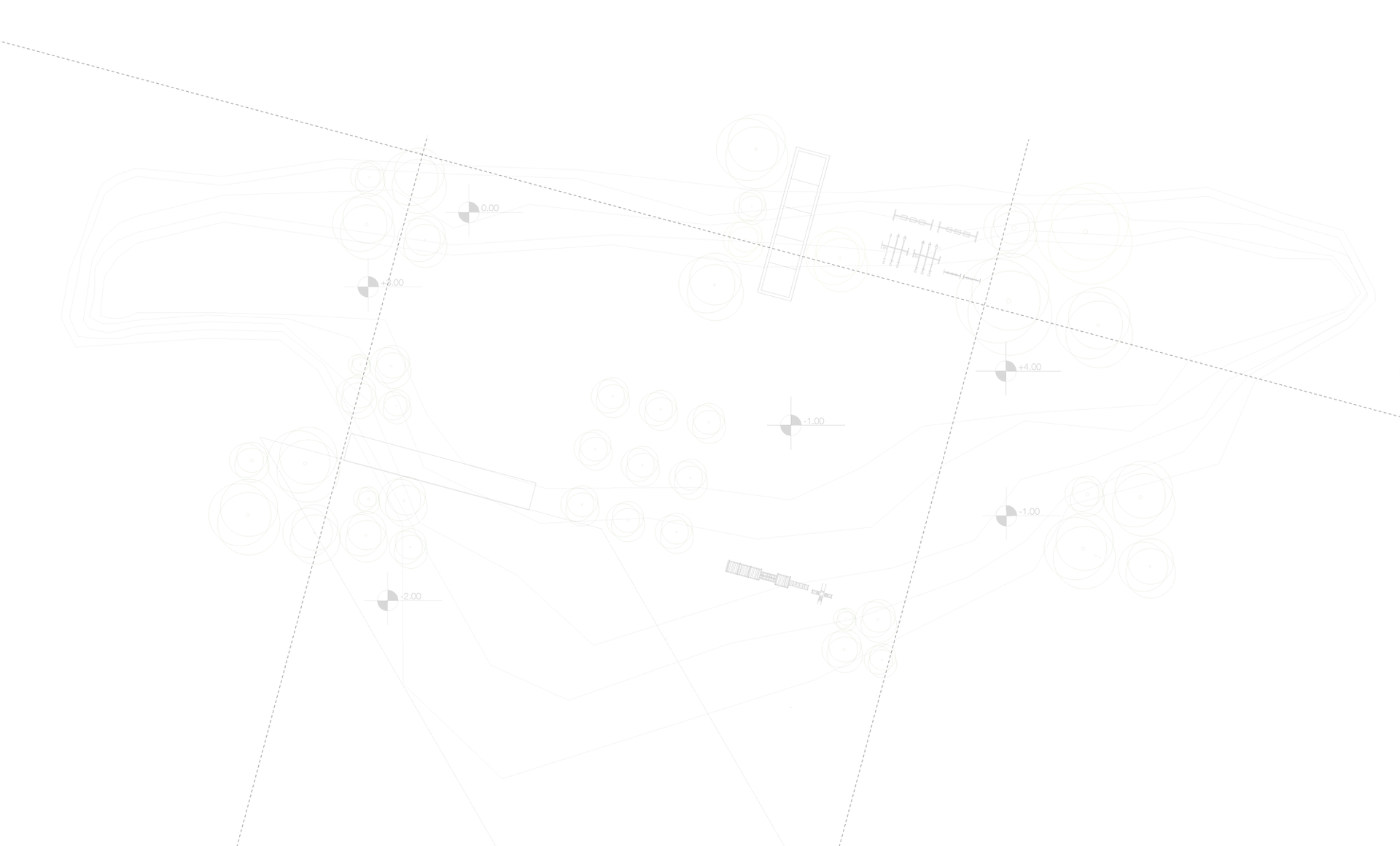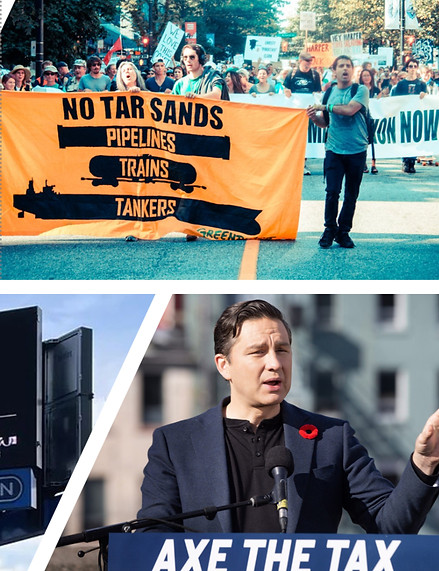top of page

Megan Egler, PhD

I am a postdoctoral researcher in the School of Public Administration, and a member of the Insitute for Integrated Energy Systems at the University of Victoria
Project: Realizing the clean energy transition: Large-scale surveys of citizen and organizations’ perceptions of energy transition technologies and policies in small and medium communities of Western Canada


Study 1: Just energy transitions, climate policy, and the polarized politics of decarbonization in small and medium communities of Western Canada
Energy transition is increasingly politicized, particularly in regions where energy production is deeply intertwined with livelihoods and identities. Polarization and diverging views on decarbonization present pressing challenges to the successful and enduring implementation of climate policies. While research indicates that just transition initiatives can mitigate negative impacts and build legitimacy for climate action, there is a need for more empirically grounded, context-specific insights into how climate and just transition policy bundles can be designed to enhance public support for decarbonization.
This study employs a representative survey of people living in non- metropolitan communities in western Canada (n = 3,400). Focusing on the regions most intertwined with fossil fuel extraction, our objectives are to understand: (1) how affective polarization around decarbonization impacts policy support; and (2) under what conditions the inclusion of just transition policy supports in climate policy design can increase public support. Our results will inform discussions around climate policy design in energy-producing regions, particularly in contexts where energy is a polarizing political subject.

Study 2: Perceptions of energy futures and fair decarbonization in small and medium communities of Western Canada
Energy transitions can be deeply personal and place-based, especially in regions where fossil fuels have long shaped economies, landscapes, and identities. In Western Canada's small and medium communities, questions of what the future should look like—and who it should serve—are central to the broader challenge of decarbonization. This study draws on the same representative survey of 3,400 residents across non-metropolitan areas in BC, Alberta, Saskatchewan, and Manitoba to explore how people imagine both probable and desirable energy futures, how they define fairness in the context of climate action, and what makes climate policy feel legitimate and just. By examining public attitudes toward fairness and future-making, this research offers new insights into how climate policies can better reflect local values and expectations, and ultimately, how energy transitions can be made more inclusive and enduring.

bottom of page